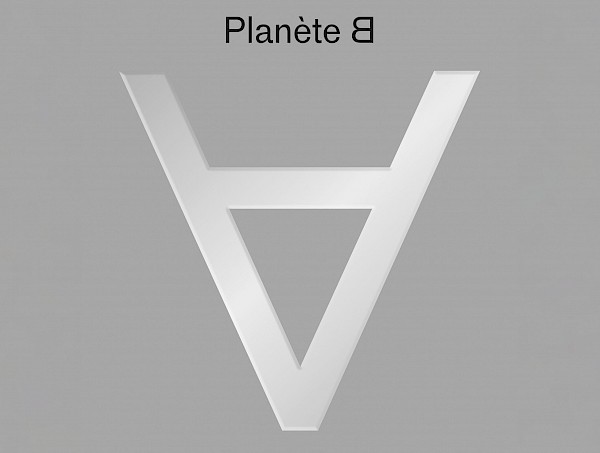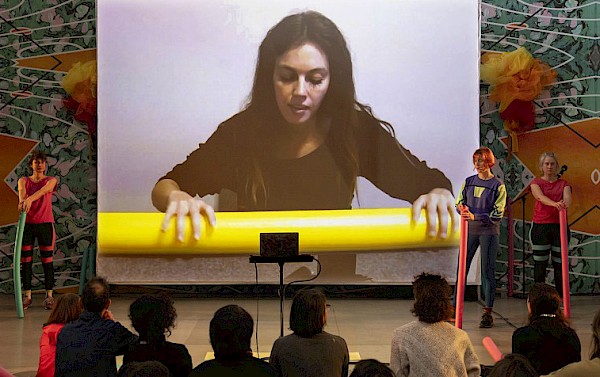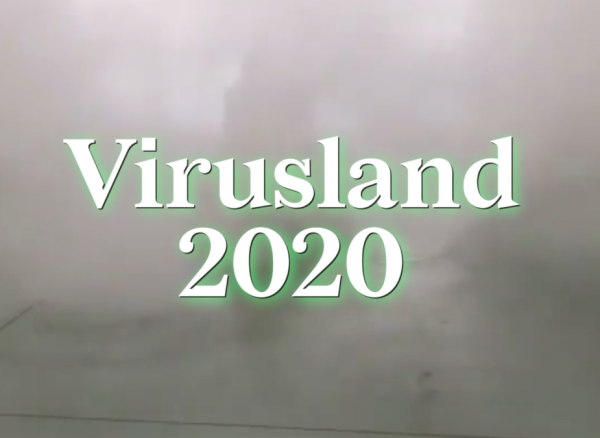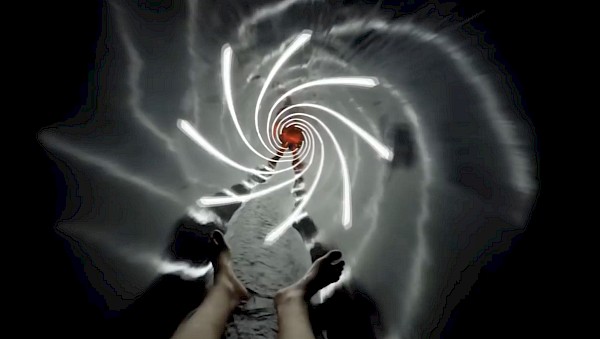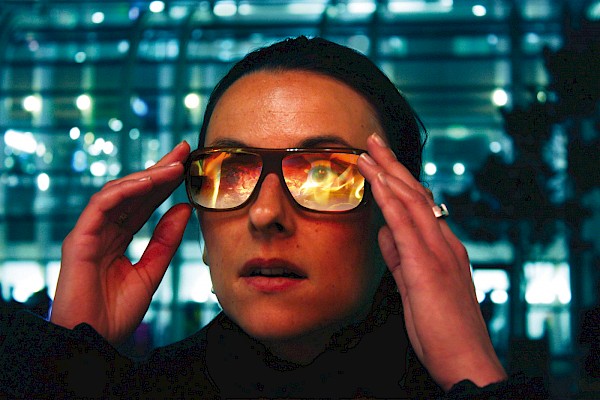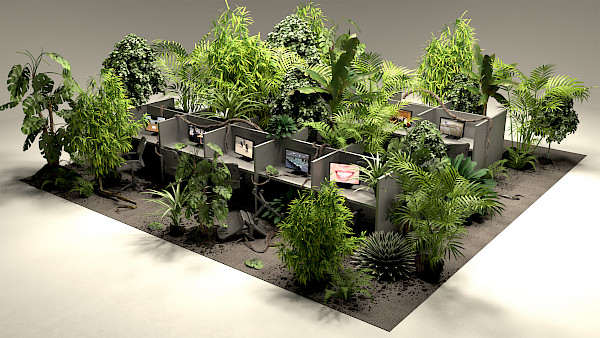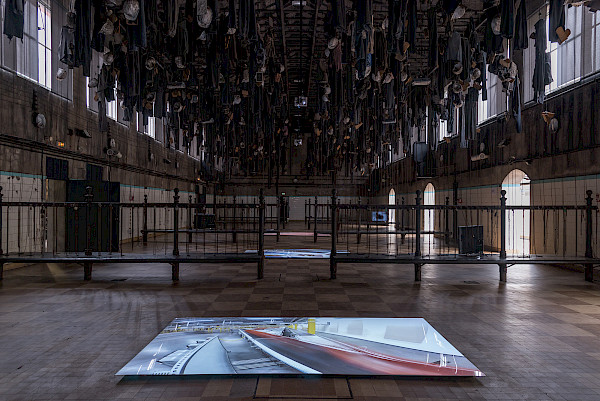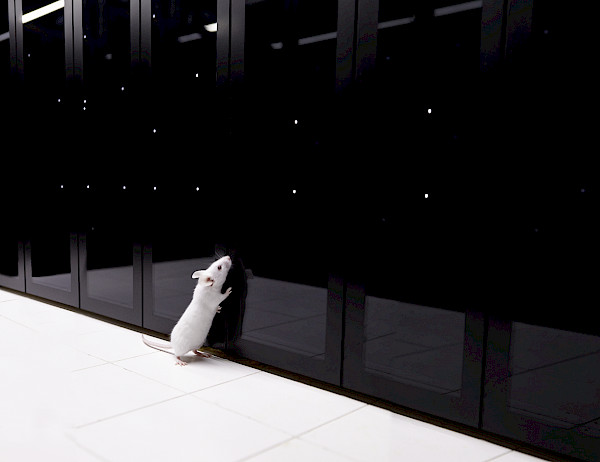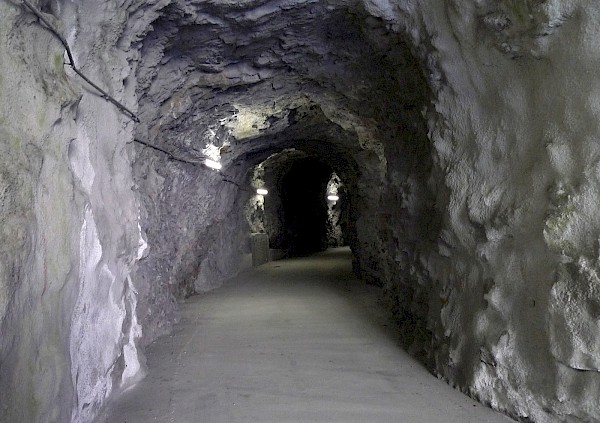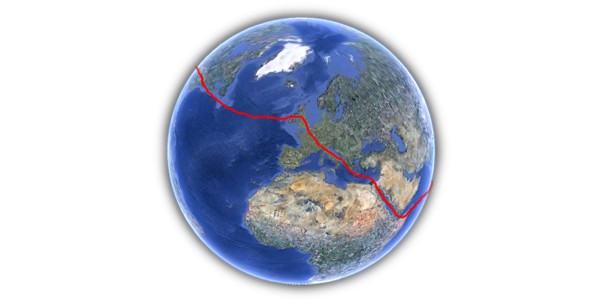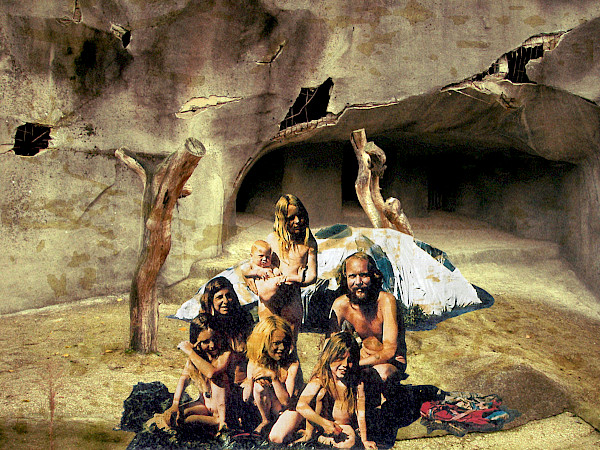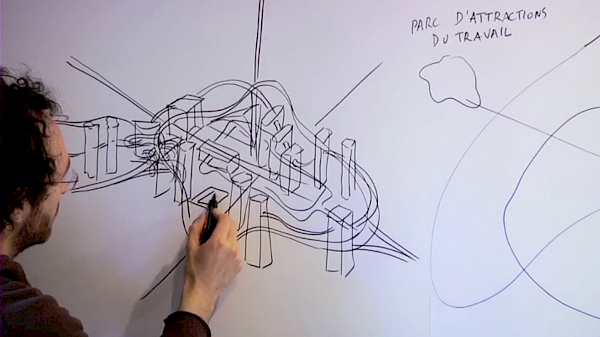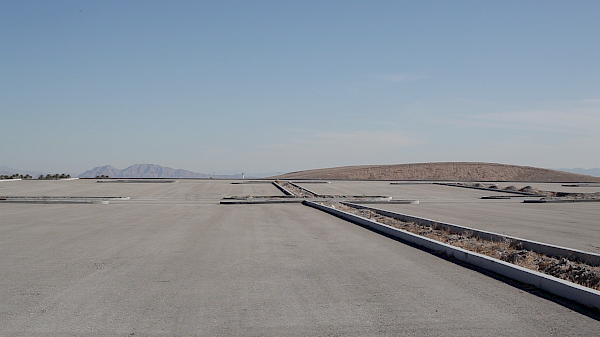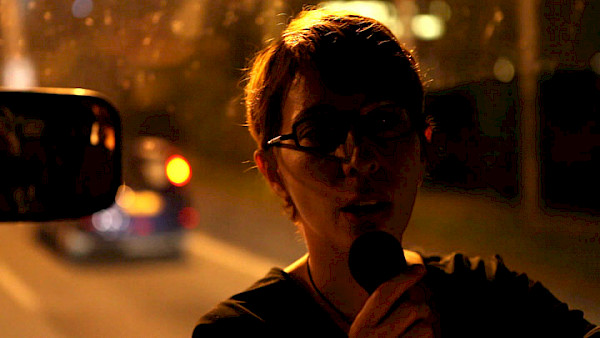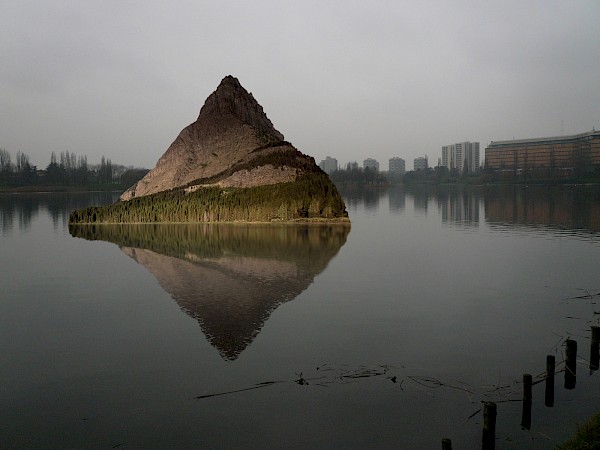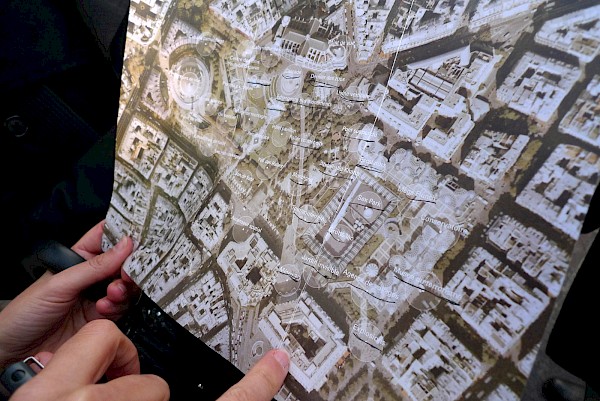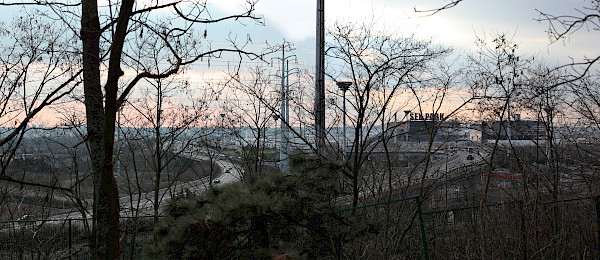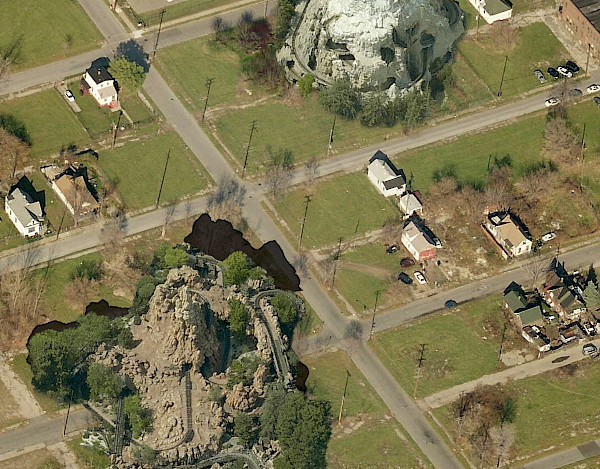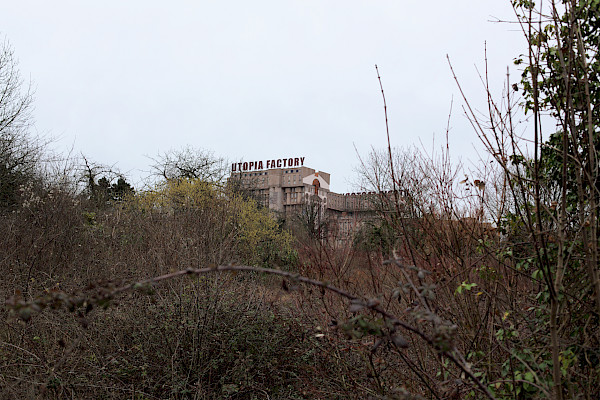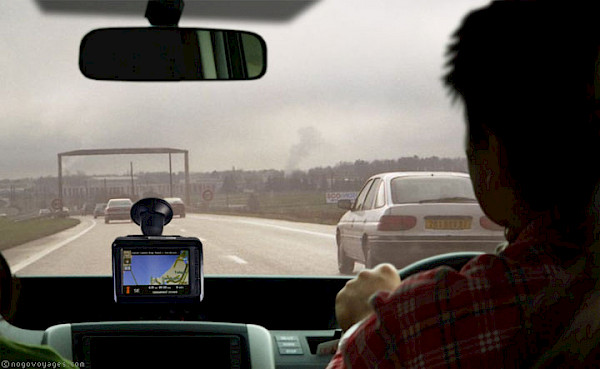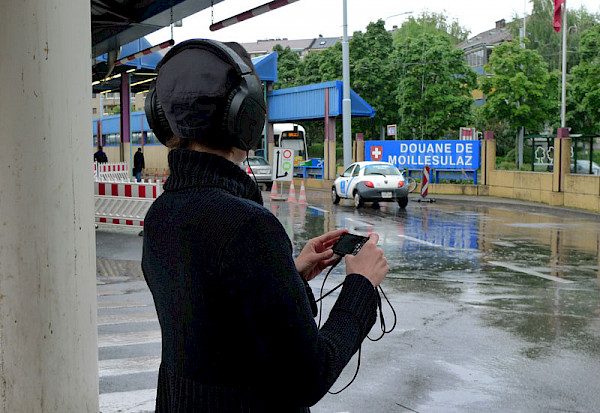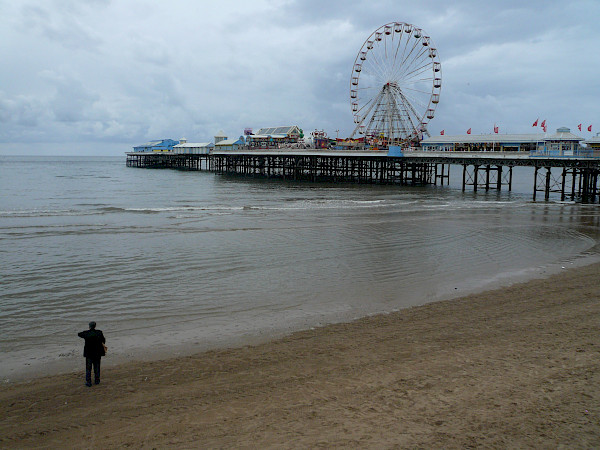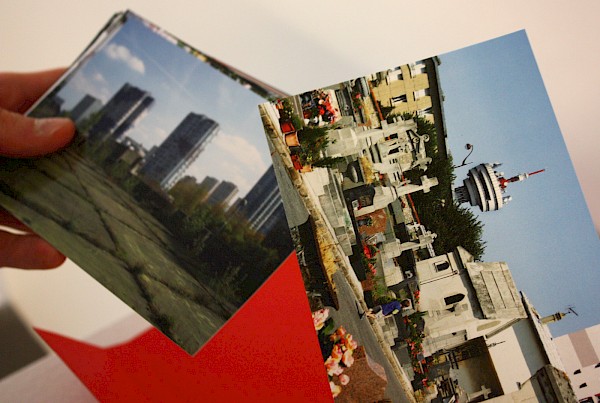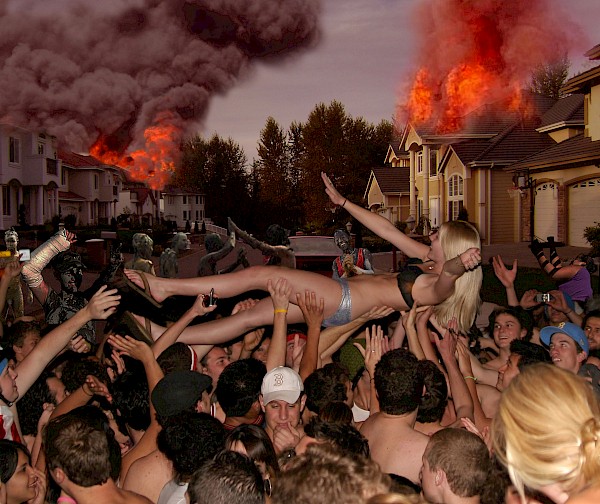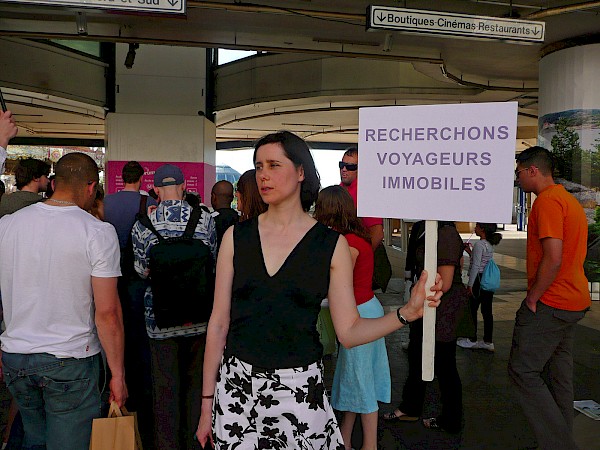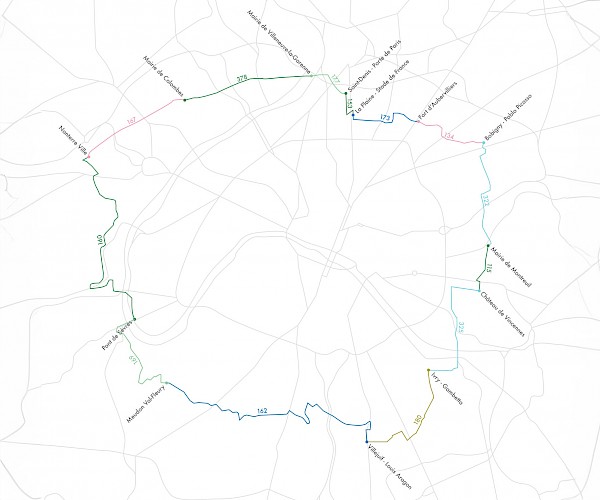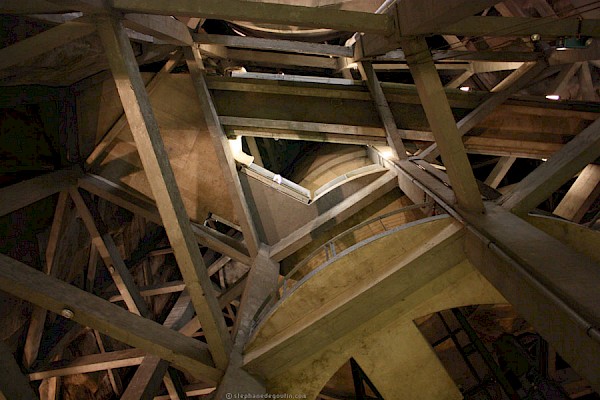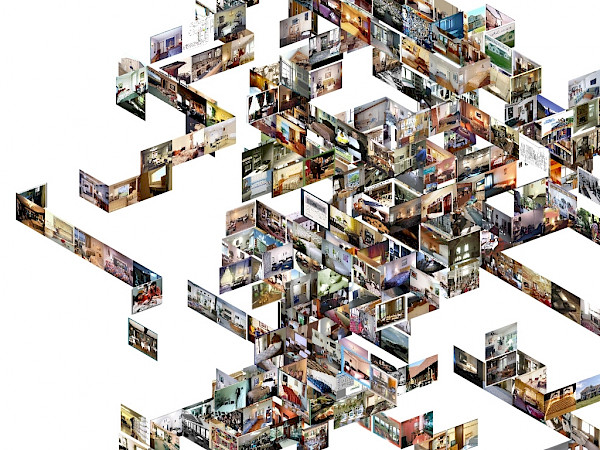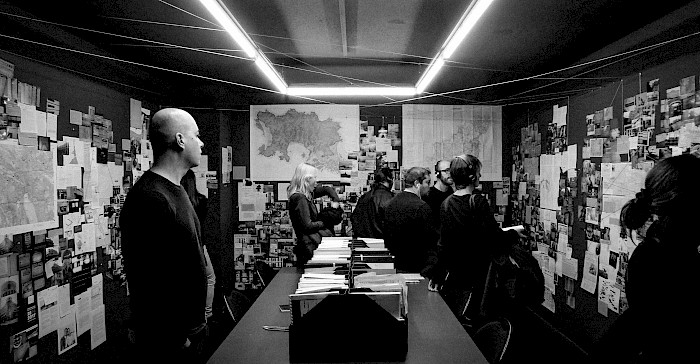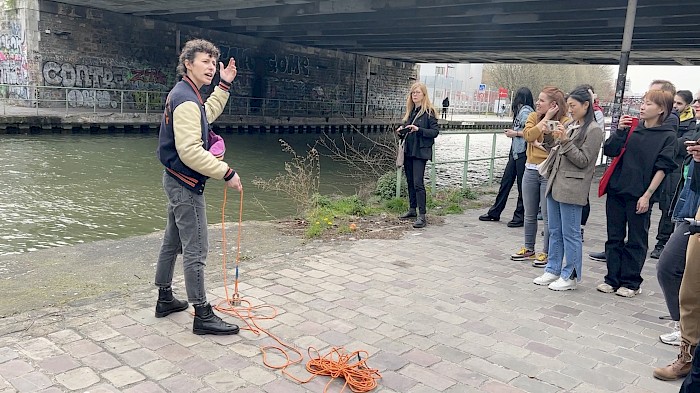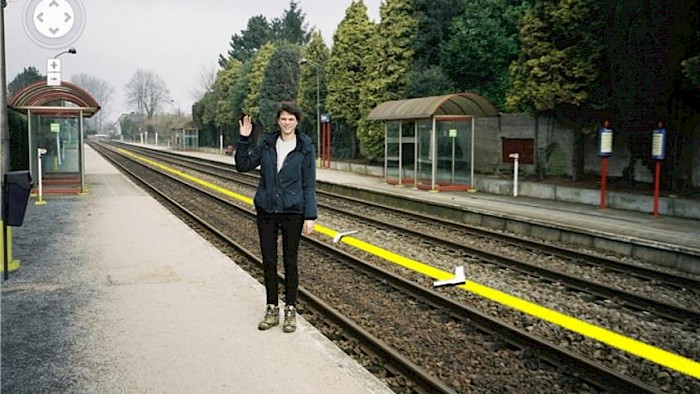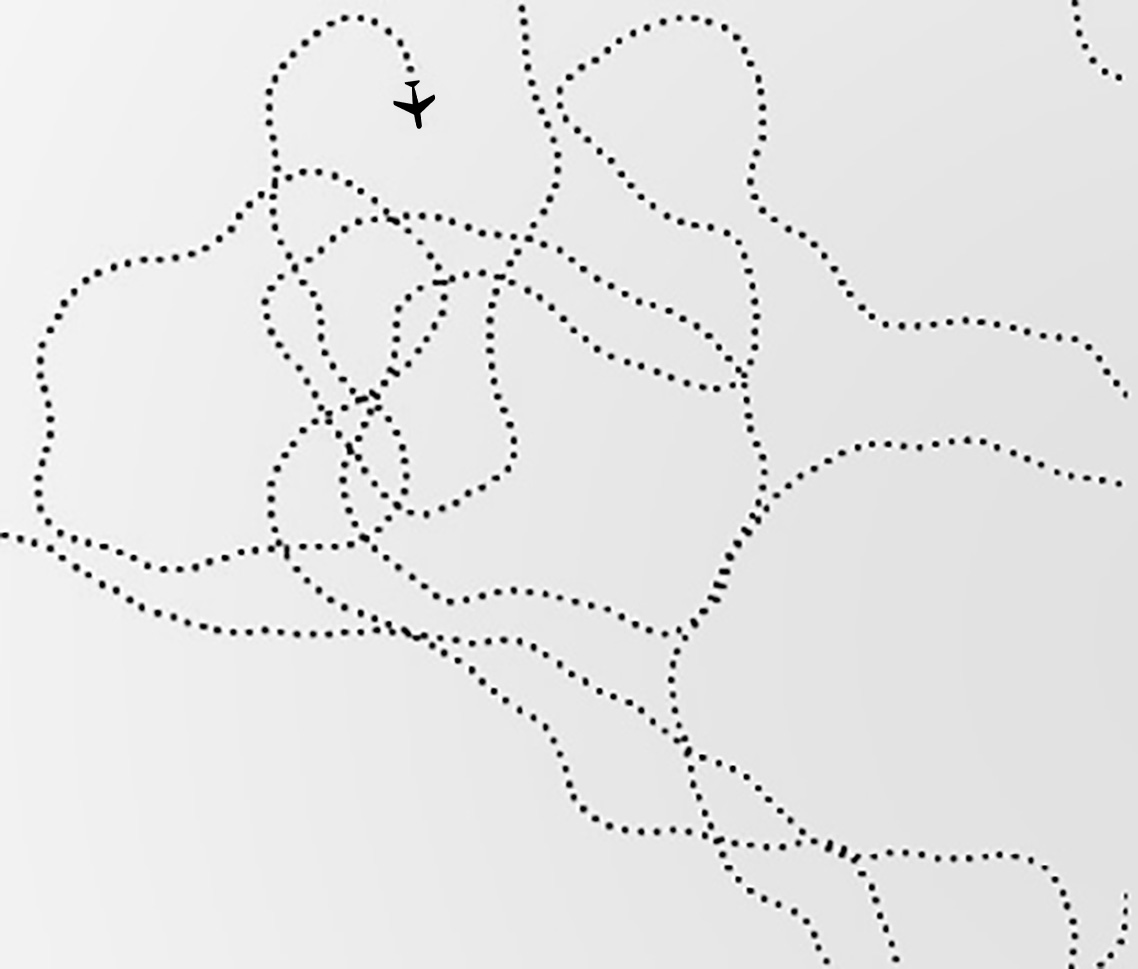There are countless descriptions of flying ships, space conquest, androids, zombies and post-apocalyptic ruins. But none of the countless science fiction stories produced in the 20th century envisaged that technological innovation would focus on storage sheds. That the deployment of logistics platforms would make it possible to become the richest human being in the world. That data processing centres and the cables that connect them would form the backbone of our way of life. That tropical islands would disrupt global finance. That artificial intelligences would rival our imagination. That free-floating cars would parasitise cities. That our meals would be prepared in dark kitchens. That the rise of telecommunications would confine us to our homes. That online data processing would mobilise millions of teleworkers.
And yet it is infrastructure, at its most prosaic and/or material - data centres, logistics warehouses, mines, networks of self-service scooters, automated cars, image banks, booking platforms, freight containers, satellites, etc. - that forms the foundation that makes the "cloud society" possible. The expression "cloud society" refers to the illusion we have of living in a huge cloud, from which information, products, work, entertainment, ready meals, drivers, potential relationships... All information, everything, everyone is just a click away. Every wish is fulfilled, every action optimised.
Of course, in reality, this cloud is based on immense and undoubtedly material infrastructures. But these remain largely invisible. The first reason for this invisibility is certainly that the subject is not considered very attractive. Its implications, other than technical ones, are not immediately obvious, so it is left to the specialists. Technical systems are complex. The sites themselves are often far from residential areas, scattered on the outskirts of major cities, inaccessible and unspectacular. Finally, deliberate strategies of offuscation and/or greenwashing complete this concealment.
To avoid leaving engineers, technicians and managers with a monopoly on these issues, the Voyages dans les systèmes obscurs (Dark Systems Tours) conference/workshop/laboratory proposes investigations into technical systems that have been rendered invisible. By the word "obscure" (dark), we mean "behind the scenes". The aim is to explore the hidden workings of the cloud society: the logistical infrastructures, the globalised networks of power, and the systems of invisibilisation as such.





